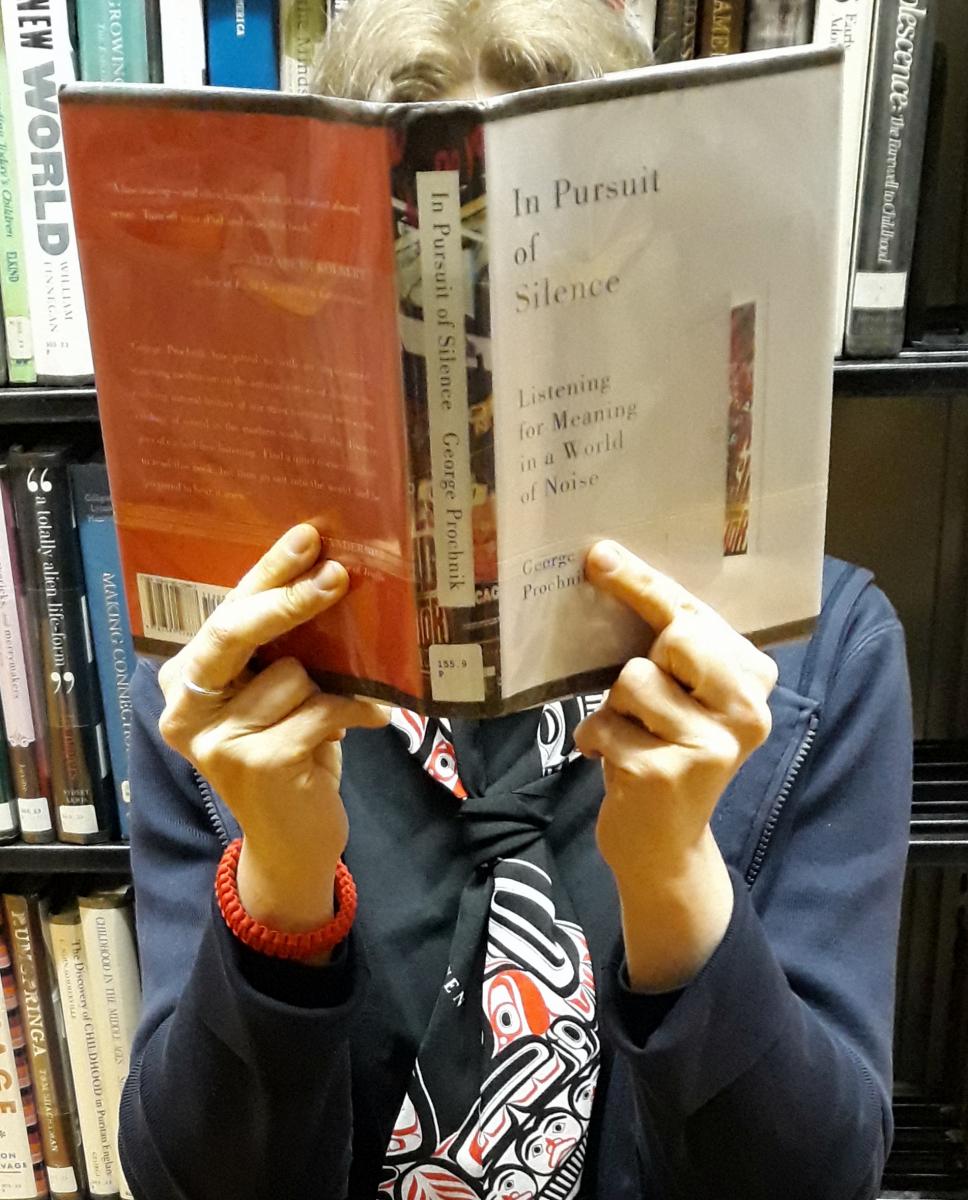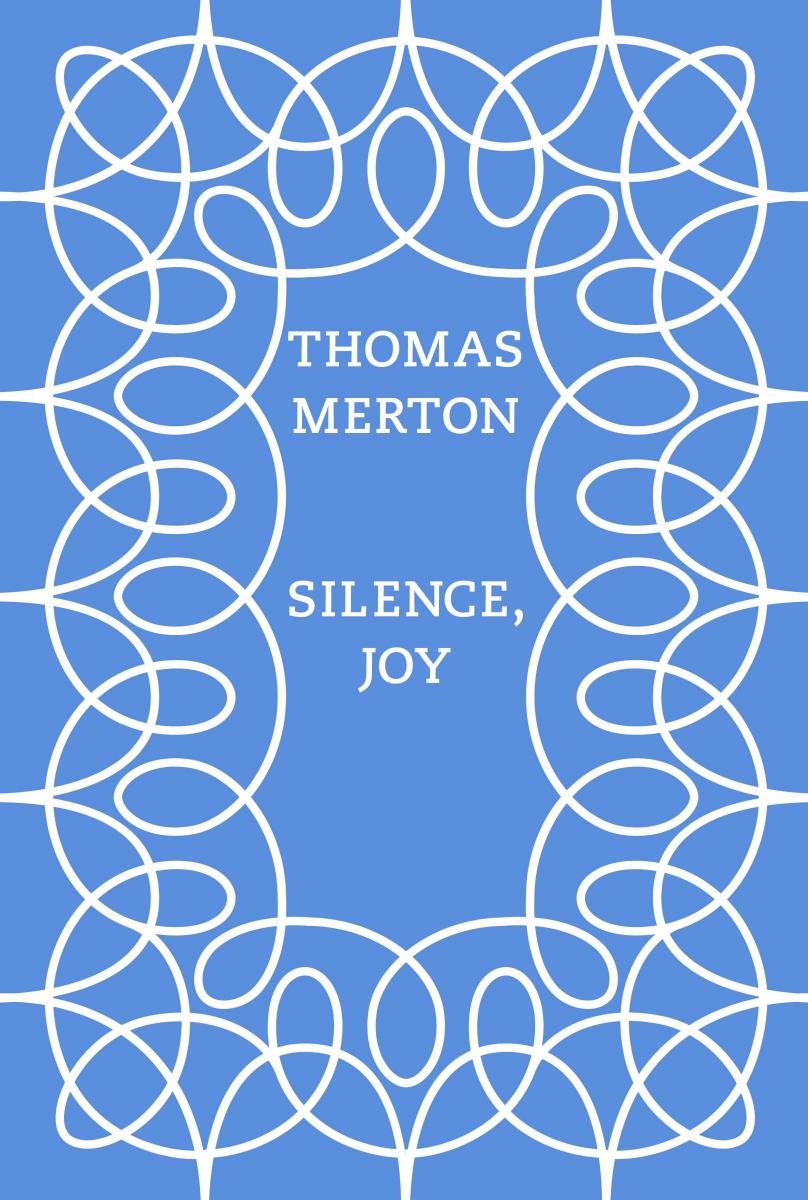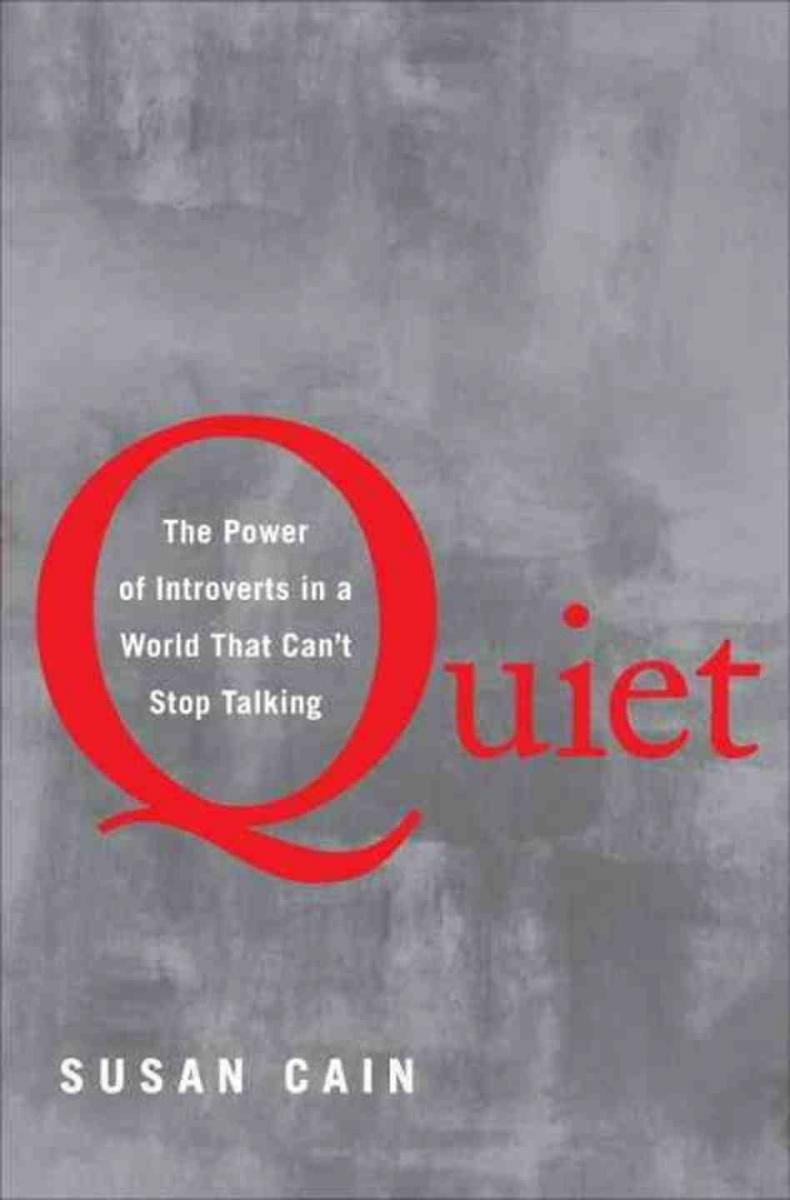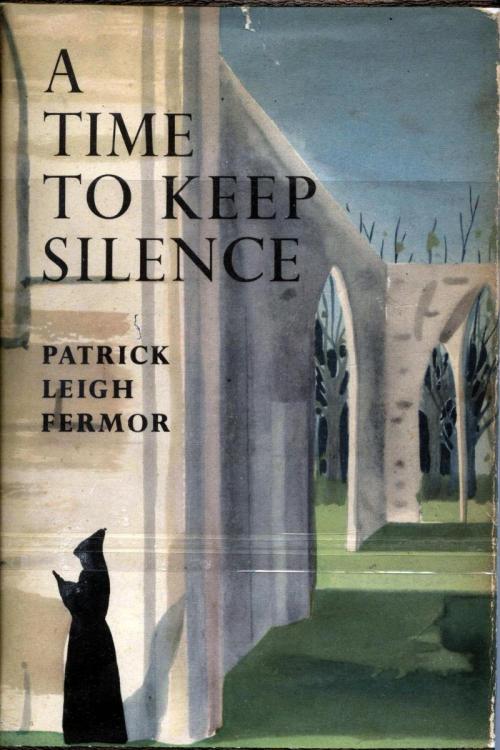Searching for Silence
 “The learning of the grammar of silence is an art much more difficult to learn than the grammar of sounds.” - Ivan Illich
“The learning of the grammar of silence is an art much more difficult to learn than the grammar of sounds.” - Ivan Illich
Due to demolition and construction around the Madison Avenue corner from us, we may hear some noise in the building. It’s been moderate so far, and we hope that will continue – but it put us in the mood for some silence.
Our catalog tells us that silence is something we talk about a lot. A basic keyword search for silence yields 484 results. Silence is golden, or perhaps it = death. It has a code, a conspiracy, a price, a veil, and at least two sides; S is for it. It’s both a noun and a verb. Many silence titles involve people emerging from censorship, from histories of abuse, from the closet, or from deafness; other people are holding their tongues in the face of their own or others’ suffering. We even have The Diary of Master William Silence: A Study of Shakespeare & of Elizabethan Sport, and, of course, Benjamin Franklin’s Silence Dogood. And then there are those infamous lambs.
Quiet, with a mere 296 entries, is much more likely to describe a life or a man or a movement or even a revolution; it’s all over the Western Front, accompanies Calvin Coolidge, and offers many plays on Graham Greene.
But I’m a religion nerd, especially in these latter days, so I looked more closely at a few volumes that speak of silence in personal, spiritual, or psychological ways.
Despite his retreat to a hermitage, Brother Louis of Gethsemani Abbey – better known as Thomas Merton – continues to be a cottage industry 50 years after his death. Someone pressed into my hands a tiny periwinkle assortment of Merton excerpts called Silence, Joy, published in 2018. If you’re looking for depth, I suggest Seeds of Contemplation instead of just its bits here, but if you need a contemplative shot in the arm, do flip through this book.
Whether the planes pass by tonight or tomorrow, whether there be cars on the winding road or no cars, whether men speak in the field, whether there be a radio in the house or not, the tree brings forth her blossoms in silence.
Whether the house be empty or full of children, whether the men go off to town or work with tractors in the fields, whether the line enters the harbor full of tourists or full of soldiers, the almond tree brings forth her fruit in silence. - Thomas Merton
Merton makes a substantial appearance in Jane Brox's brand-new Silence: A Social History of One of the Least Understood Elements of Our Lives. It's much too focused and quirky really to be "a history," concentrating mostly on the experiences of inmates at 19th-century Panopticon-inspired prisons and a small assortment of monastics. I came away uncertain whether the author wanted us to shut up or shout louder. But it certainly introduced me to some lesser-known corners of history - and the notion that even those who love silence can find it oppressive, while those who have it imposed may discover liberation in it.
What do you mean, you haven’t read Annie Dillard’s Holy the Firm (lately)? It’s one of those books I just wanted to sit down and copy out in its entirety, and besides it supplied my favorite description of when you're alone and see something amazing and look around for anybody to show it to. (OK, that might be in Pilgrim at Tinker Creek. Read that also.)
Lucky for me that Susan Cain’s Quiet: The Power of Introverts in a World That Can’t Stop Talking was published just at a time when I was trying to figure out why I was so irritable around others. In the guise of a self-help/management book, Cain marshals impressive amounts of science and stories to illuminate one of the most fundamental temperament differences among humans, and why it does and doesn’t matter.
For more than seventeen years, novelist Anne D. LeClaire kept total silence two Mondays per month. Sometimes she retreated and watched the birds on the salt marsh; sometimes her family talked around and to her; all the time she excavated her own emotional state and learned (and re-learned) the value of both depth and words.
Both George Prochnik’s In Pursuit of Silence: Listening for Meaning in a World of Noise and Maggie Jackson’s Distracted: Reclaiming Our Focus in a World of Lost Attention give sobering statistics and narratives on the constant distracting sounds and static of the modern world. Jackson works more with the neuroscience of sustained attention, Prochnik with the acoustic and auditory effects of voices and noises from the electronic to the white. Either may make you reconsider your earbuds.
Ironically, I first heard of Shusaku Endo’s fiction masterpiece Silence only because I’m a Scorsese fan. The title refers to the lack of language overlap between Portuguese Jesuit missionaries and their Japanese contacts and the controversial issue of who God is talking to in all of this, plus other layers as well. Moving and disturbing.
One of the nifty things about my time at the Library is the gift of having known (slightly) author Shirley Hazzard. We’re fortunate to have a wide-ranging posthumous collection of her essays, which I admit I’m including here mostly for the fabulous title: We Need Silence to Find Out What We Think. In that title essay, from 1982, she writes,
“The attempt to touch truth through a work of imagination requires an inner center of privacy and solitude. We all need silence – both external and interior – in order to find out what we truly think....However passionate the writer’s material, some distance and detachment are needed before the concept can be realized. In our time, the writer can expect little or nothing in the way of silence, privacy, or removal from the deafening clamor of ‘communications,’ with all its disturbing and superfluous information. In addition, novelty and the merely up-to-date are urged on writers not only in the name of innovation but virtually as some new form of moral obligation, while critical explication hovers like a vulture....The necessary margin of tranquility for creative work must now presumably be developed somehow in the writer’s own consciousness. That involves the exclusion of many other claims – including rightful ones – if one is to preserve some inwardness amid the din.”


Disqus Comments